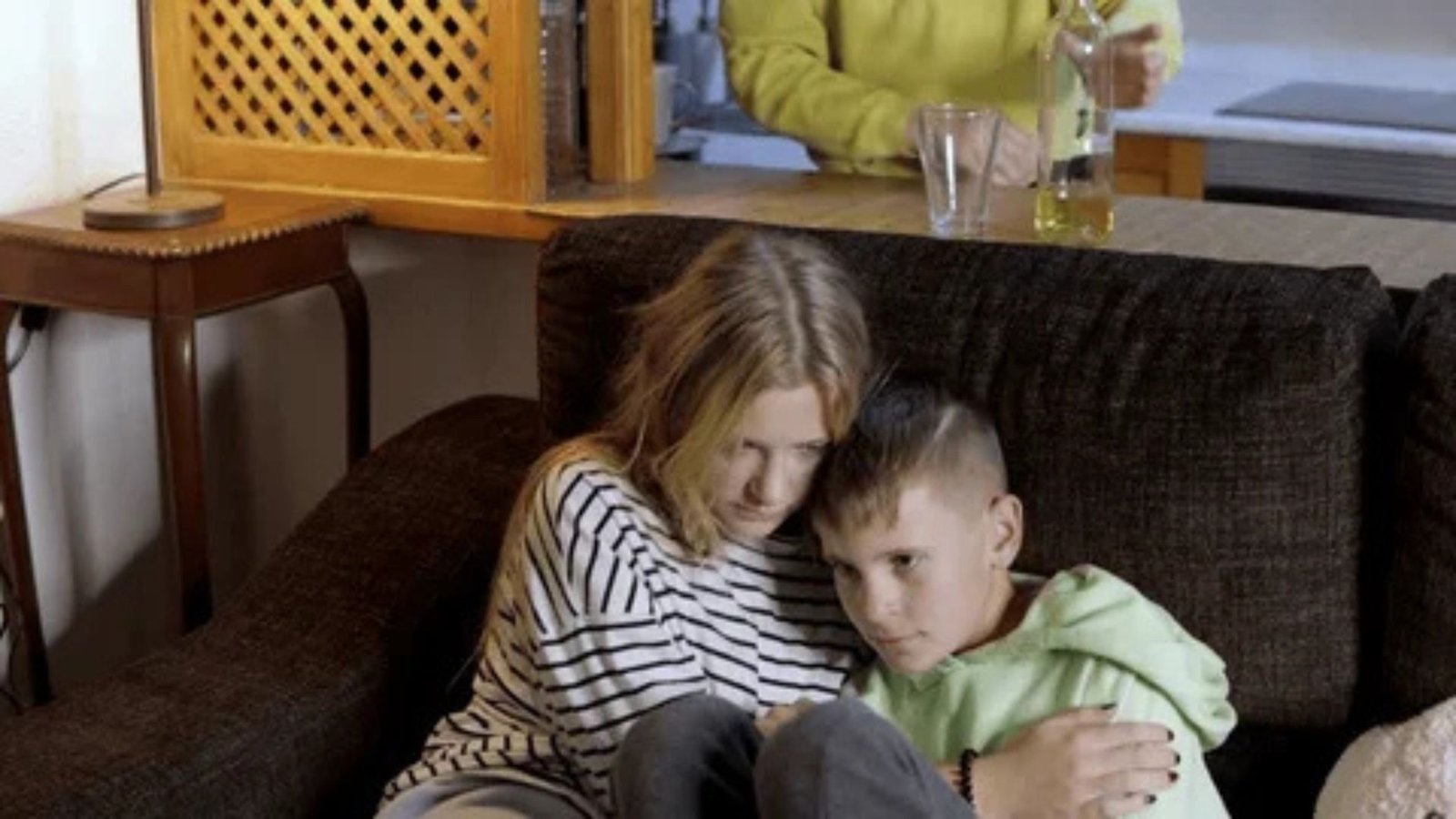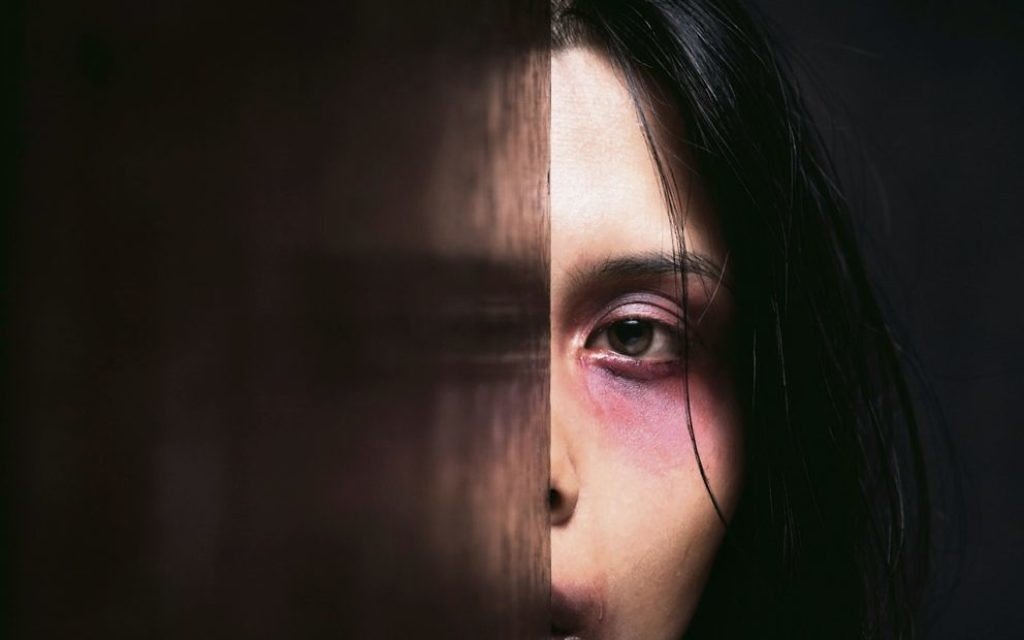Abuse can have long-lasting and serious effects on a person’s physical, emotional, and psychological well-being. Whether the abuse is physical, emotional, sexual, or psychological, it can deeply impact the victim in many ways. The effects of abuse can vary depending on the type of abuse and the duration of the mistreatment. In this article, we will explore the common effects of abuse and how they can affect an individual’s life.

1. Physical Injuries and Health Problems
Physical abuse can cause immediate injuries like bruises, broken bones, or burns. These injuries may be visible, but sometimes the harm goes deeper, causing long-term physical health problems. Victims of physical abuse often face chronic pain, headaches, or other conditions caused by constant harm.
Common physical effects include:
- Unexplained bruises, cuts, or burns on the body.
- Frequent visits to the doctor or hospital due to injuries.
- Chronic pain, difficulty moving, or scars from previous injuries.
- Headaches, stomach problems, or other health complaints linked to stress or trauma.
Even after the visible injuries heal, the physical toll of abuse can remain. Victims may also develop conditions like post-traumatic stress disorder (PTSD), which can cause them to relive the traumatic events of abuse.
2. Emotional and Psychological Impact
Emotional and psychological abuse can be just as harmful as physical abuse. Victims of emotional abuse often experience feelings of worthlessness, fear, and sadness. They may become anxious, depressed, or have low self-esteem as a result of constant manipulation, belittling, or humiliation by the abuser.
Common emotional effects include:
- Low self-esteem or feeling unworthy.
- Anxiety, depression, or constant fear.
- Feelings of isolation or loneliness.
- Mood swings, confusion, or difficulty concentrating.
- Loss of confidence or difficulty trusting others.
Emotional and psychological abuse can make the victim feel trapped and powerless. This type of abuse often leaves invisible scars that can take years to heal, especially when the victim internalizes the abuse as a reflection of their worth.
3. Difficulty in Relationships
Abuse often leads to difficulty in forming healthy relationships, both with the abuser and with others. Victims of abuse may struggle to trust others or fear being in relationships because of the harm they have experienced. They might isolate themselves or push people away due to the emotional damage caused by the abuse.
Common relationship effects include:
- Difficulty trusting others, even in non-abusive relationships.
- Fear of abandonment or fear of getting close to others.
- Emotional withdrawal or avoiding social interactions.
- Unhealthy dependence on the abuser or others.
- Difficulty forming new, healthy relationships.
In some cases, victims of abuse might even repeat unhealthy patterns in future relationships, as they have learned unhealthy ways of coping or have become accustomed to being mistreated.
4. Substance Abuse and Self-Harm
To cope with the emotional pain, some victims of abuse may turn to harmful coping mechanisms such as alcohol, drugs, or self-harm. These behaviors often provide temporary relief from the overwhelming feelings caused by abuse but can lead to additional problems.
Common effects include:
- Increased alcohol or drug use as a way to numb the pain.
- Self-harm, such as cutting or burning, to cope with emotional distress.
- Risk-taking behavior or engaging in dangerous activities to escape feelings of worthlessness.
Substance abuse and self-harm are dangerous ways to cope with abuse and can worsen the victim’s physical and emotional health. These behaviors can also make it harder for the victim to break free from the cycle of abuse.
5. Post-Traumatic Stress Disorder (PTSD)
PTSD is a common effect of abuse, especially for those who have experienced prolonged or intense trauma. It can occur after any form of abuse, whether physical, emotional, or sexual. Victims with PTSD often relive the trauma through flashbacks, nightmares, or intrusive thoughts. They may feel constantly on edge or fearful, even in situations that do not pose a threat.
Common PTSD symptoms include:
- Flashbacks or intrusive memories of the abuse.
- Nightmares or difficulty sleeping.
- Hypervigilance, or feeling constantly “on edge.”
- Emotional numbness or detachment from others.
- Difficulty concentrating or staying focused.
PTSD can be debilitating, and victims may struggle with daily activities or relationships. Treatment, including therapy and support, is essential for managing and healing from PTSD.
6. Feelings of Guilt and Shame
Victims of abuse often feel guilt or shame, even though the abuse is never their fault. Abusers may manipulate their victims into believing they caused the abuse, which can lead to feelings of shame and self-blame. These feelings can be difficult to overcome and can affect the victim’s mental health and self-worth.
Common feelings include:
- Believing that they deserve the abuse or that they caused it.
- Feeling embarrassed or ashamed of their situation.
- Hiding the abuse from others because they feel responsible for it.
These feelings of guilt and shame can prevent victims from seeking help or talking about their experiences. It’s crucial to remind victims that they are not to blame for the abuse they’ve suffered.
7. Loss of Control or Helplessness
Abuse often leaves victims feeling powerless, with little control over their own lives. Abusers often use tactics like intimidation, threats, and manipulation to keep their victims in a constant state of fear or uncertainty. As a result, the victim may feel helpless or unable to escape their situation.
Common feelings of helplessness include:
- Feeling trapped in the relationship or situation.
- Believing that there is no way out of the abusive environment.
- Lack of confidence in their ability to make decisions or change their situation.
Victims may feel that they cannot break free from the abuse, even when they know it’s wrong. The feelings of powerlessness are often part of the cycle of abuse, but with support and resources, victims can regain control over their lives.
8. Negative Impact on Physical Health Over Time
Abuse, especially when it occurs over an extended period of time, can lead to long-term physical health issues. Chronic stress from abuse can affect the body, leading to conditions like high blood pressure, heart disease, and digestive problems. Victims may also experience difficulty sleeping or eating due to the emotional toll of abuse.
Long-term health effects include:
- Chronic pain, headaches, or digestive problems.
- Sleep disturbances, insomnia, or nightmares.
- Heart problems, high blood pressure, or other stress-related illnesses.
- Weight changes due to eating disorders or stress.
The physical effects of long-term abuse can be just as severe as the emotional damage, affecting a person’s overall health and quality of life.
Conclusion
Abuse can have a wide range of harmful effects on the victim, from physical injuries to long-lasting emotional and psychological damage. These effects can impact many aspects of a person’s life, including their relationships, health, and ability to function in everyday situations. If you or someone you know is experiencing abuse, it’s important to seek help. Support from friends, family, or professionals can make a significant difference in breaking the cycle of abuse and beginning the healing process. Remember, no one deserves to suffer from abuse, and help is available to those who need it.




